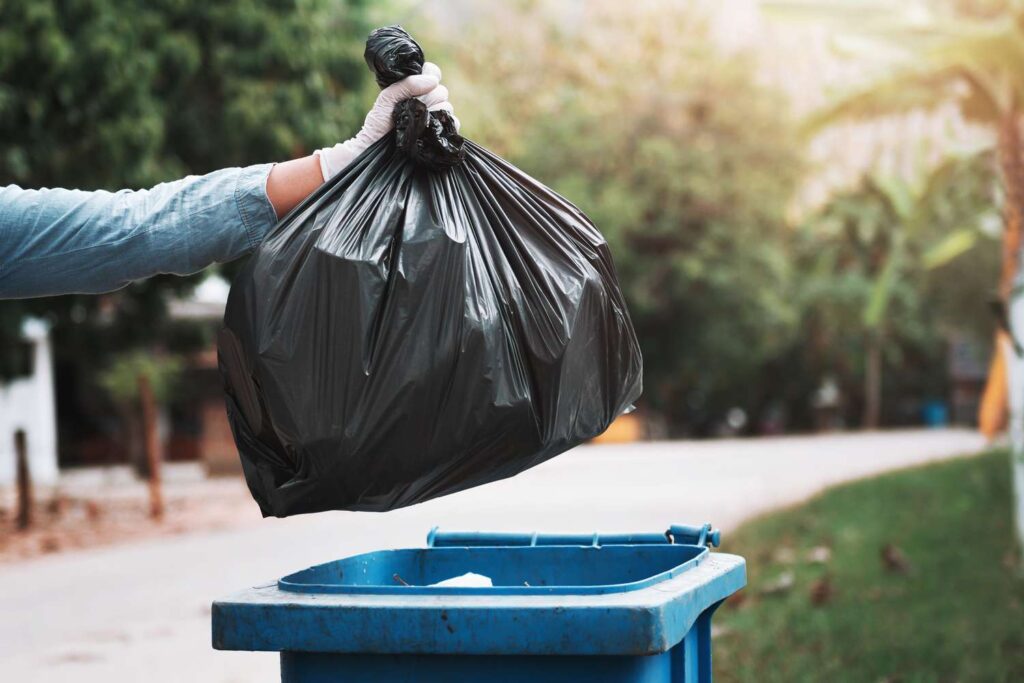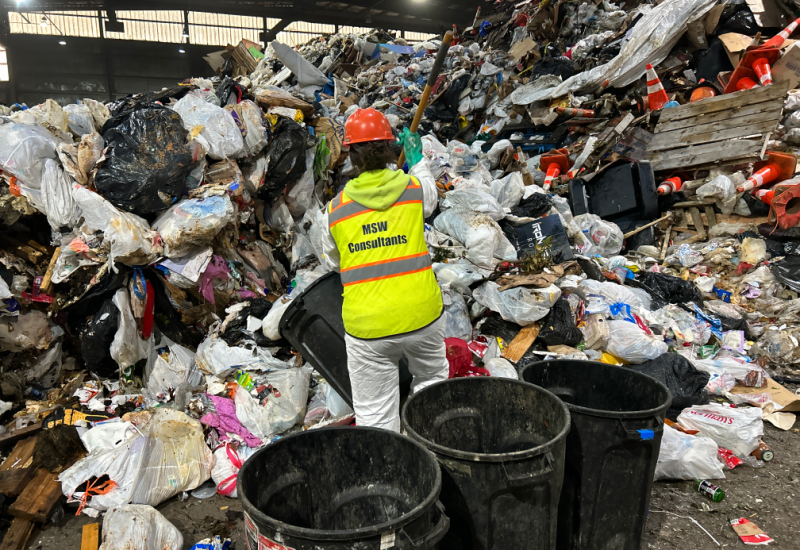Recently, the Atlantic County Utilities Authority (ACUA) embarked on a fascinating project to delve into the contents of typical trash cans in the area.
Known as a waste characterization study, this initiative enlisted the expertise of professional trash sorters to uncover valuable insights into solid waste management.
The study involved meticulous sorting of 55 samples of municipal solid waste (MSW), collected from residential and commercial sources across Atlantic County. The commercial trash was further categorized into casino and non-casino-generated waste.
Trained sorters meticulously separated items into 48 distinct categories, ranging from plastics and papers to metals, organics, and hazardous materials.
Conducted initially in February, the study will be repeated during peak trash season in July to capture seasonal variations. Once completed, the data will be compiled to reveal the composition of waste by weight and percentage.
While national and state statistics offer a broad overview of waste disposal trends, ACUA recognizes the importance of understanding the specifics of local waste.
ACUA’s Vice President of Solid Waste, Gary Conover, emphasizes the study’s role in uncovering what’s truly ending up in trash cans across Atlantic County.

The findings will shed light on improperly disposed items, such as recyclables or construction debris, highlighting areas for improved education and intervention. For example, if recyclable plastics are commonly found in the trash, ACUA can adjust its educational efforts accordingly.
Related Articles:
- Crackdown on Unruly Teens Disrupting Florida Beaches
- 99 Cents Only Stores Faces Closure: End of an Era
- Alabama Man Accused of Armed Robbery in Louisiana, Faces Multiple Charges
Moreover, the study will provide valuable insights into the potential energy output of the waste stream, informing ACUA’s exploration of waste-to-energy technologies.
By comprehensively understanding the local waste stream, ACUA and Atlantic County can better plan for sustainable solid waste management in the future.







+ There are no comments
Add yours